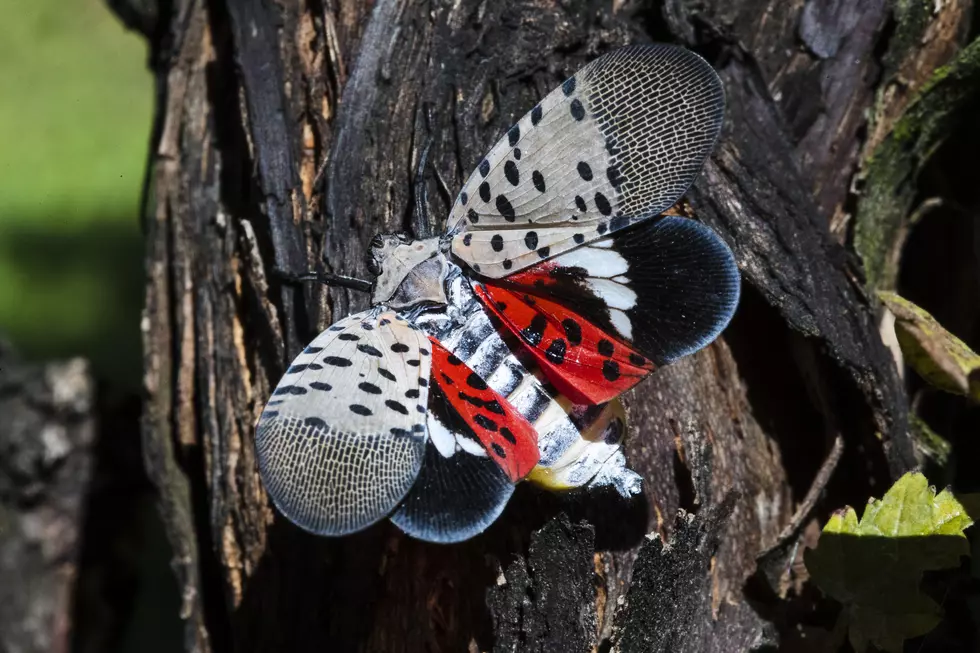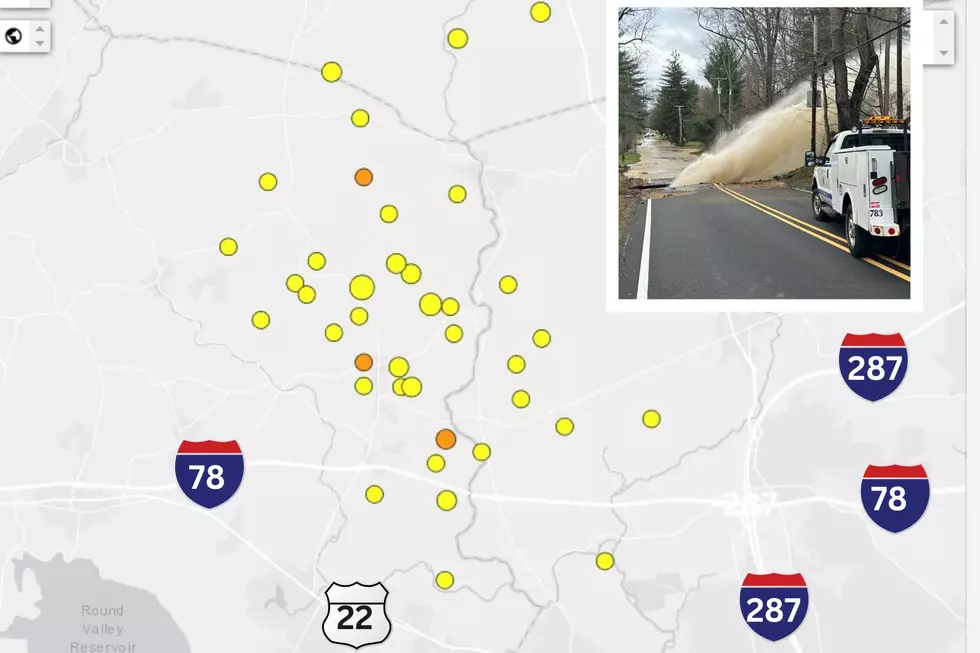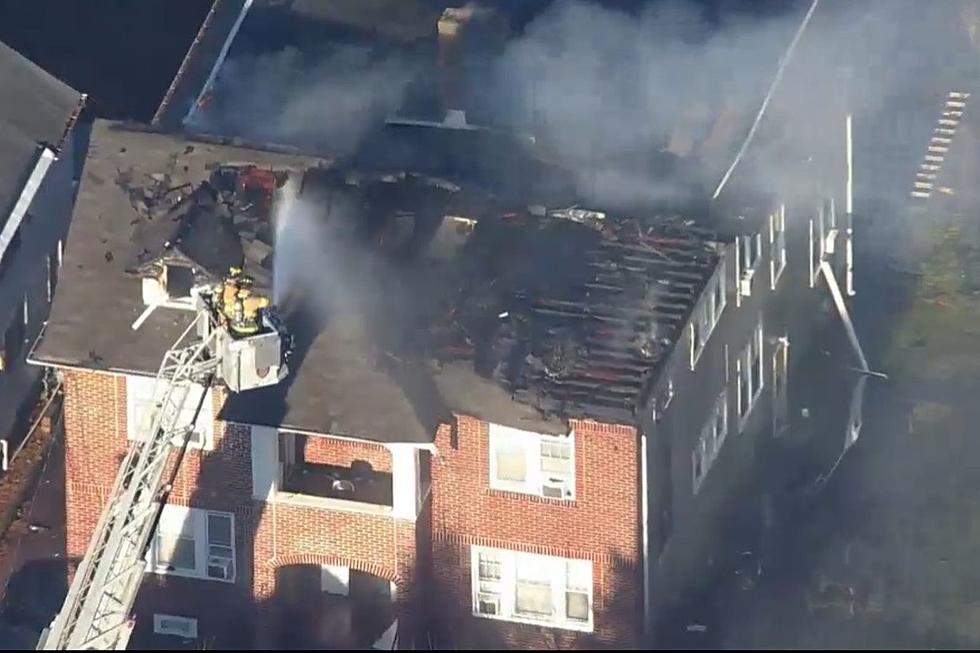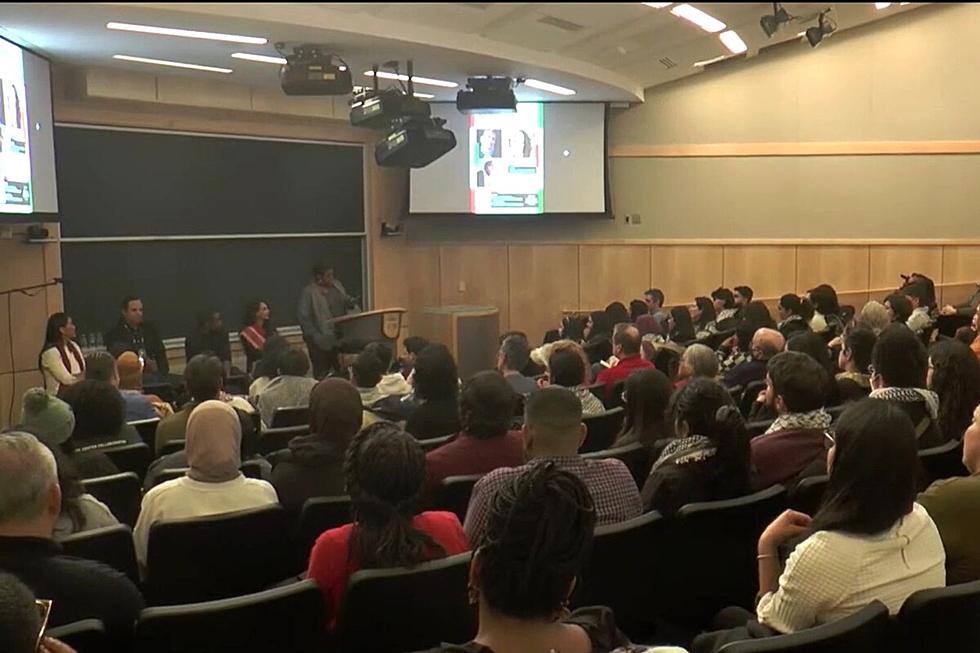
NJ experts say spotted lanternfly has expanded its reach in 2020
The colder weather will kill off any adult lanternflies bugging New Jersey right now, but come spring, the destructive pest is predicted to continue its spread throughout the state.
The species native to China, and first confirmed in New Jersey in 2018, has since been recorded in all 21 counties. Right now, the highest populations persist in the counties closer to Pennsylvania, where the spotted lanternfly was detected in 2014.
"Their number and range expanded this year," said George Hamilton, chairman of the Department of Entomology in the School of Environmental and Biological Sciences at Rutgers University.
More than 70 plant species, including cultivated grapes and hops, are at risk with the presence of the spotted lanternfly. It's been found in commercial vineyards in New Jersey, according to Anne Nielsen, an associate professor in the Department of Entomology.
"For the general public, they're a nuisance pest. They're feeding in droves on landscape trees," Nielsen said.
Nielsen said research is too new to determine what's causing most of the spotted lanternfly's movement in New Jersey. They can travel naturally along the air currents, but are also known to latch on to cars and trucks.
"Hopefully the quarantine that the New Jersey Department of Agriculture established will help limit the spread of the hitchhiking bugs," Nielsen said.
Under the quarantine in place in Burlington, Camden, Gloucester, Hunterdon, Mercer, Salem, Somerset and Warren counties, people and businesses are required to inspect their vehicles for spotted lanternflies before traveling outside the quarantine area. They should also inspect firewood, paving stones and lawn equipment for egg masses before moving these items outside the zone.
"We might not see as high of numbers in some of our more urban areas or coastal areas, but the predictive maps on where spotted lanternfly will be do indicate it will be widespread throughout the state," Nielsen said.
This time of year is mating season, and egg laying has started. The state has asked that residents help rid the state of the pest by smashing the adults and scraping egg masses from trees.
Contact reporter Dino Flammia at dino.flammia@townsquaremedia.com.
KEEP READING: Here are the best places to retire in America
More From New Jersey 101.5 FM









